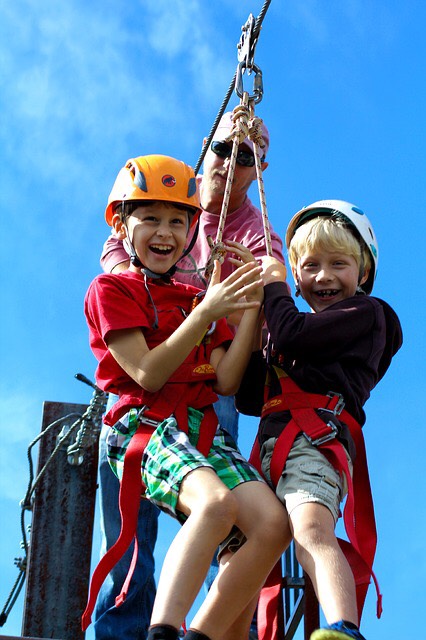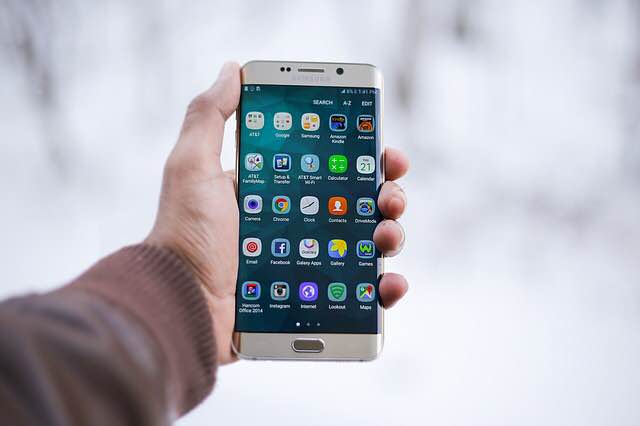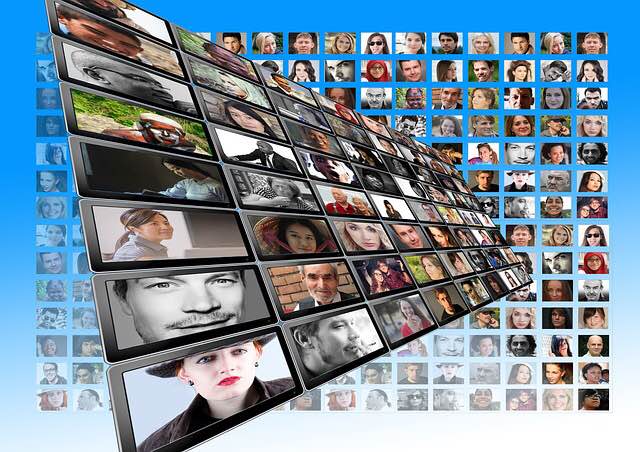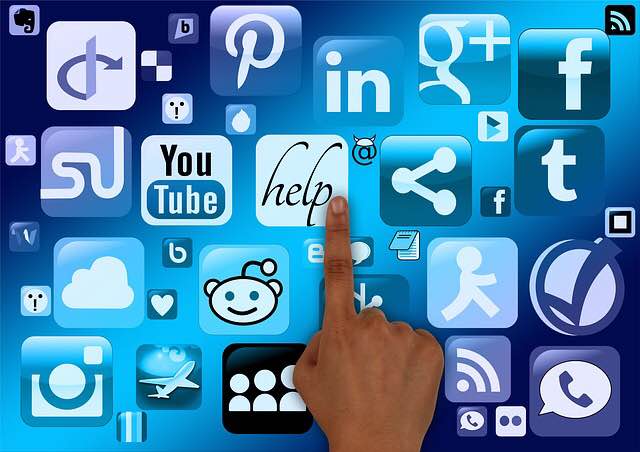|
My generation is addicted to our mobile phones. The perception of elders is that we have a lack of human interaction and only stay indoors. Most adults wish for the use of the mobile phone to be restricted. What people don’t realise, is there is more to our generation than what meets the eye. Sport and exercise is an integral part on our curriculum and we have time dedicated to it. We are exposed to a wide range of sporting activities, both indoor and outdoor designed for all levels of expertise. Apart from physical education and games periods, we have both lunch-time and after school activities which are run and supported by both students and staff. As the use of mobile phones is banned in school, as a result of which many people keenly participate. Some of us, being interested, take every opportunity to hand and get involved in many things. Some, of course are more competitive than others and show great enthusiasm in team selections and sporting trials. The sporting and exercise field is where we make many new friends. We arrange to meet in gyms, pools and fields carry out activities together. We think that this is safe and parents often do not mind. In fact, they support this. Although we didn’t start doing this from a health and lifestyle perspective, we now know that these activities are good for our well being. My passion is water sports. I swim in two clubs, SCUBA dive and in the summer go kayaking. For my parents and I, sport is as important as academics as it is in this field we develop key skills like endurance, determination, concentration and goal setting. Though the weather in the United Kingdom is not always reliable to do outdoor activities, we make the most of it by performing indoor activities. My friends and I take every opportunity to meet up and have fun. As we all have different interest, we are introduced to many different perspectives of exercise. It is very important to get involved in sport and exercise from a very early age, because later it becomes very difficult to adhere to our goals and make it part of our lifestyle. We always encourage peers to try new exercises and join our frequent trips to the gym. Though, we are accused of being a mobile only generation, I believe that this is a myth and we are extremely eager to have fun outdoors, play sport and exercise. I wish to take this opportunity to make people in my age group aware that exercise is a very important aspect of life, and if me and my friends can do it, why cant you?! I do understand that everyone will be champions and professionals in sport, but you never know what you are capable of. So, go outside, there is a beautiful world waiting for you.  Author - Rona Bhattacharya is a 11-year-old school student in the UK. She is an avid blogger, published author and poet.She is an accomplished dancer and singer.She is an endurance swimmer and a PADI certified SCUBA diver. She has been the Sports Ambassador of her school and won the Excellence Award for being the best student. Being very conscious of social issues, she has organised fundraisers and has swum 22 miles, the length of the English Channel in the swimming pool for Diabetes UK to raise awareness for children with diabetes. She is a keen actress and has performed in the Edinburgh Fringe Festival
3 Comments
There is now evidence to say that e Health plays an important role in facilitating socio-economic inclusion, improve quality of life, provide patient empowerment through greater transparency, access to services, information and use of social media for health. Though a certain section of society has been quick to adopt and benefit from the use of this technology, there has been another group, which has been slow to adopt, who have concerns over access and affordability of technology, its usability and appropriateness, as well as over digital health literacy. Unfortunately, this is the most vulnerable section of society and as is well known is more prone to diseases. Thus, insufficient knowledge, skills and literacy, lack of user-friendliness and doubts over the meaningfulness of information can also create new health inequalities, which are far more complex and may reflect the flaws of the traditional health system and potentially even aggravated online. This could further deepen the divide between the well-to-do, educated and technologically savvy and the other group, who may not be able to access the best of services. Though, with the ubiquitous penetration of mobile phones and the internet, this gap is getting narrowed, the knowledge gap between proficient and inept users is widening which is resulting in another kind of social inequality. This reflects on the quality of engagement that people are having with the internet, which is varied. With the advent of state of the art technology and rising costs of care, there is a greater expectation from patients about results of management and increasingly personalised healthcare where the patients would have greater autonomy of their care. But the barrier to this form of care is based upon the level of digital education of the patient. This may or may not be proportional to the conventional education level or perceived intelligence. One of the first steps that needs to be taken in this direction is to ascertain the social needs of digital technology in the management process and integrate this into mainstream care delivery. Secondly, it is important to ascertain the digital education level of the client and tailor solutions accordingly. This needs careful design thinking and business model pragmatism to increase digital health accessibility. Often, the problems are very simple to solve and a bit of patience is all that is needed. It is also very important that the traditional methods of patient care are kept robust, before switching to an all-digital set-up. Medicine being a science of uncertainties cannot depend on a single tailored pre-fitted mindset alone. Over reliance on technology may lead to attrition and ultimate rejection of the system.
And finally, along with innovative business models and more efficient and state of the art management, there is a need for not just disease related education, but also succinct and interesting ways of digital education to enable clients who are needy to use digital health. |
AuthorsDebashis Archives
December 2016
|







 RSS Feed
RSS Feed
